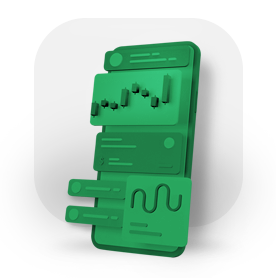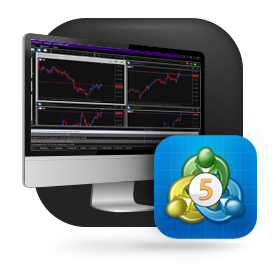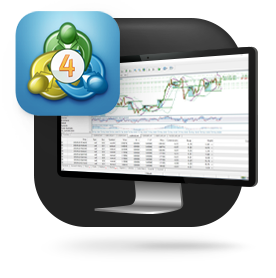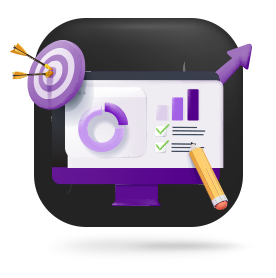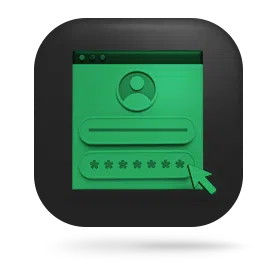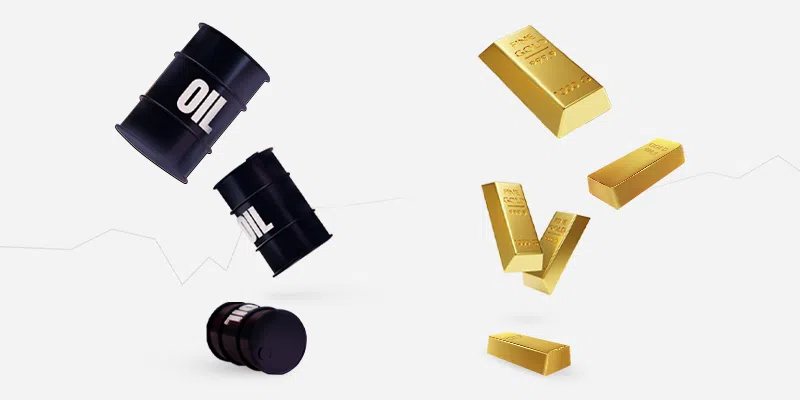
Trade Commodity CFDswith us
Trade a wide range of commodity markets like Gold, Silver, and Oil.
Compare our costs
Keep your trading costs down with our tight spreads that are up to five times lower than other top brokers.
See why traders trade with us
Powerful trading tools
Take full advantage of the latest innovations in trading tools.
Chart. Chat. Trade.
Join a community of over 50 million traders. Trade directly from TradingView charts into an account with us, with access to an advanced charting package, frequent trading strategy ideas, webinars, custom indicators, and more — all from the world’s largest social trading network.
Learn more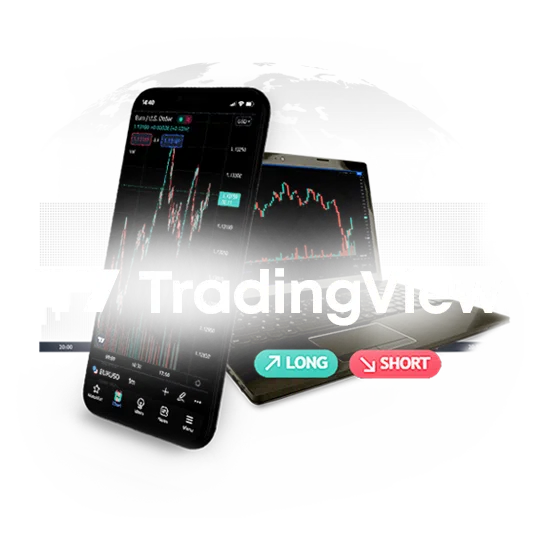
MetaTrader 5
Trade commodities, cryptos, indices, FX & shares mobile & desktop, web trading, instruments in 21 time-frames and 80 pre-installed indicators.
MetaTrader 4
Trade commodities, cryptos, indices and FX, mobile & desktop award-winning platform, instruments in 9 time-frames and 30 pre-installed indicators.
Code-free automation
Create, test and automate trading strategies using everyday English with Capitalise.ai.
Read more
Trade faster with FlashTrader
Target multiple profits, calculate position size, and place stops and limits in a flash – all with just one little click, using your trade ticket.
Learn more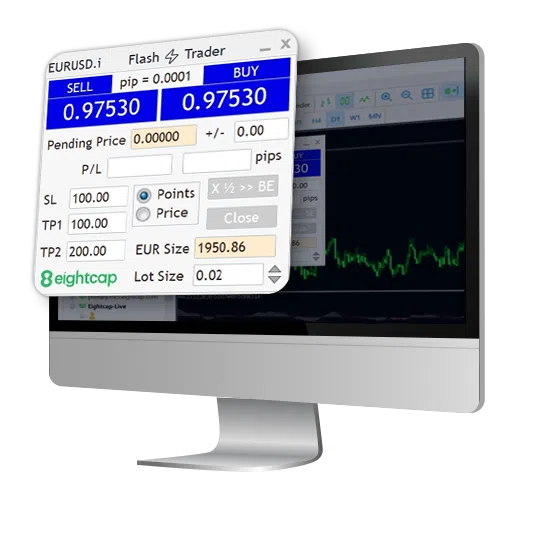
Stay ahead of the curve
Grow in a community of traders – with guidance from professionals.
Get inspired with Trade Zone
Get weekly trade ideas from our experts, with weekly market forecasts and mid-week commentary webinars.
Get inspired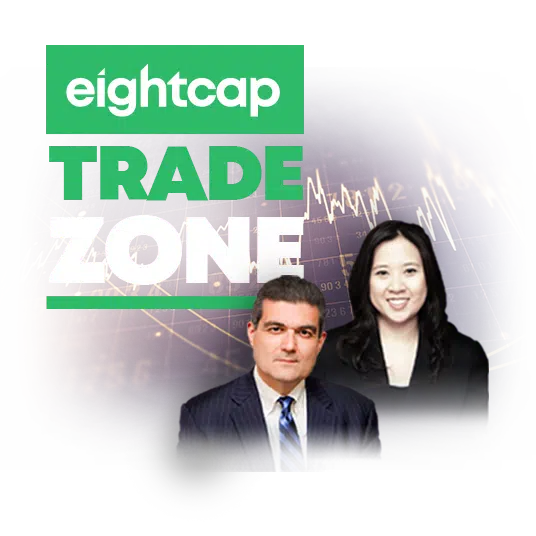
Eightcap Labs
Bridge the gap between theory and practice and learn how to trade more effectively.
Webinars with experts
Learn the fundamentals of trading with regular guest analyst live events, in a community of like-minded traders.
Join us now
Apply for a live account in a few minutes or try a free demo account.
Which account is best for you?
Compare our TradingView, Standard or Raw accounts, or get in touch with us and have a dedicated account manager help you.
Compare account
Create an account
Sign up, create an account and start trading on low spreads with us today, with access to over 800 financial instruments.
Not sure?
Take our demo account for a spin in a reduced risk environment to familiarise yourself and get a feel for trading with us.












